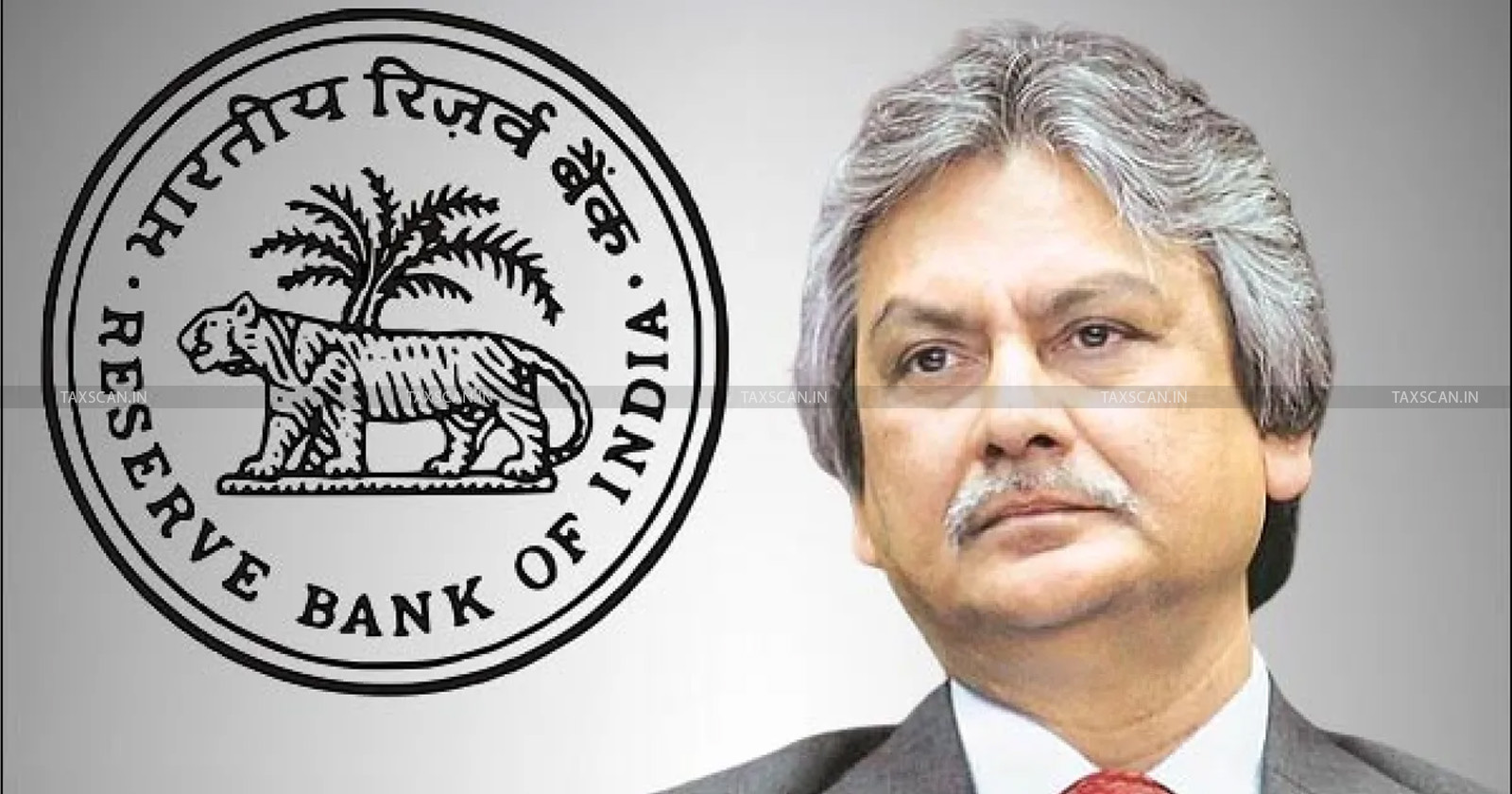Rise in AI usage in Central Banks Sparks Concerns Over Transparency and Privacy; says RBI Dy. Gov.
The RBI has emphasised that data used for training of models should be extensive, accurate and diverse to rule out any prejudices and that algorithms should be auditable

Reserve Bank of India – RBI – AI usage – Central Bank AI concerns – RBI Deputy Governor statement on AI – TAXSCAN
Reserve Bank of India – RBI – AI usage – Central Bank AI concerns – RBI Deputy Governor statement on AI – TAXSCAN
Michael Debabrata Patra, Deputy Governor, Reserve Bank of India ( RBI ), during his keynote address in a seminar on Emerging Digital Technologies in Central Banking and Finance, Goa, has said that “increasing use of AI, concerns arise about transparency, data biases, governance, privacy and the robustness of algorithms.”
The Dy. Governor was giving the speech on the topic “Harnessing Digital Technologies in Central Banks: Opportunities and Challenges”. The opinion on Artificial Intelligence was mentioned as a challenge to society.
The Dy. Governor emphasised that cutting-edge technologies, including application programming interfaces ( APIs ), artificial intelligence ( AI ) and machine learning ( ML ), biometric-based identification and authentication ( biometrics ), cloud computing ( CC ), and distributed ledger technology ( DLT ), are presently driving innovations in the global financial sector. Furthermore, these technological advancements are expanding the scope and significance of the roles performed by central banks, making them more versatile and relevant.
However, he also mentioned that “with the increasing use of AI, concerns arise about transparency, data biases, governance, privacy and the robustness of algorithms. Hence, central banks need to ensure that there are enough checks and balances in place. The RBI has emphasised that data used for training of models should be extensive, accurate and diverse to rule out any prejudices and that algorithms should be auditable.”
As per his perspective, safeguarding cybersecurity within banking organisations is crucial to maintaining public trust in the financial system. Cyber risks pose potential threats to customers, including the exposure of personally identifiable information ( PII ). Moreover, organisations bear substantial costs due to the operational impact on businesses, ransom demands, and the necessity of developing new infrastructure from the ground up.
With an increasing reliance on Software as a Service ( SaaS ) solutions, financial institutions are susceptible to third-party or supply-chain attacks. While cloud computing has become indispensable for numerous modern applications, it is also linked to challenges such as threats to data security and privacy, system availability, continuity of operations, interoperability, auditability, and compliance with legal requirements.
“Central bankers must closely monitor developments in Quantum Computing, which is expected to lead to a multi-fold increase in computational abilities. There is growing concern, however, about the vulnerability of existing cryptographic methods that secure our financial transactions as Quantum Computing can rapidly perform code-breaking calculations”, said the Deputy Governor during his speech.
Support our journalism by subscribing to Taxscan premium. Follow us on Telegram for quick updates


